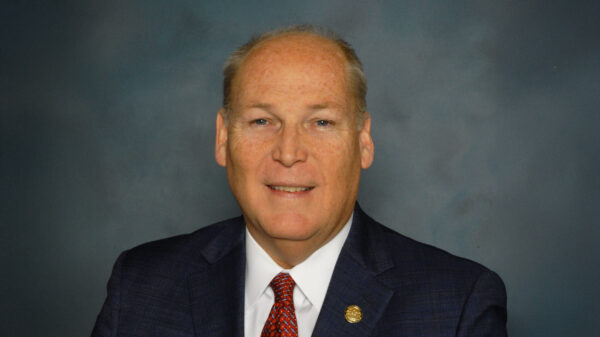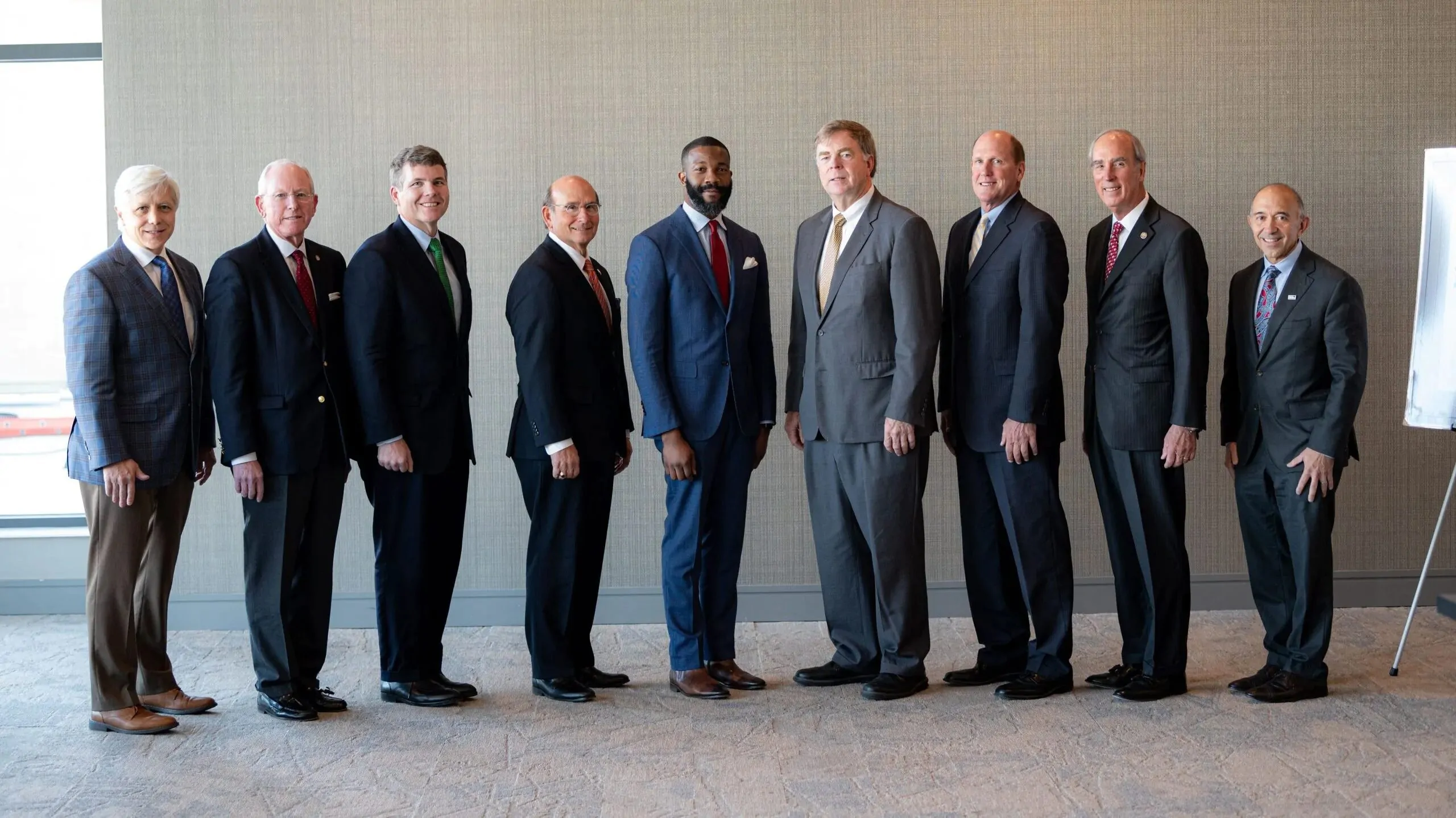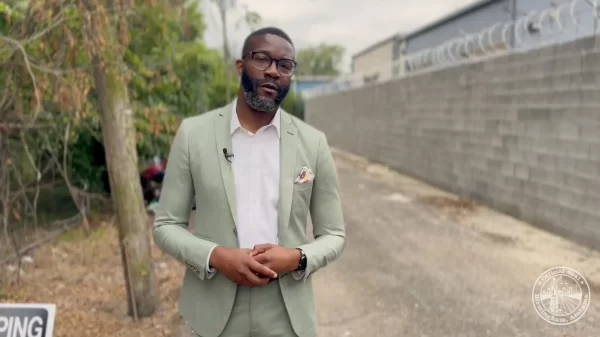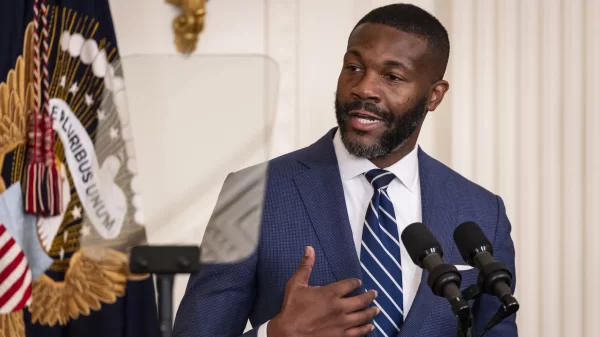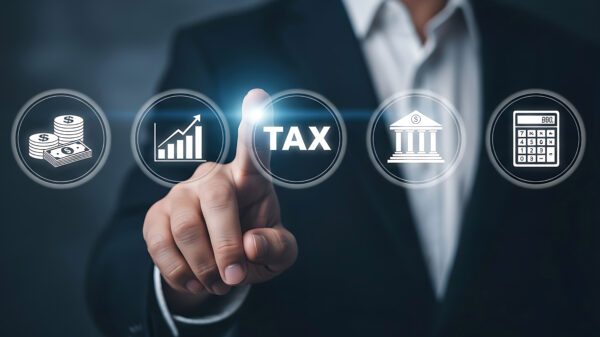The Alabama Big 10 Mayors released a statement Monday on the need to fix the state of Alabama’s “flawed internet sales tax system,” following a meeting in Tuscaloosa that hosted mayors and city officials from dozens of municipalities across the state.
At the meeting, Simplified Sellers Use Tax, SSUT, was a primary topic of conversation, and municipal leaders and educators discussed how the state’s current system of collecting taxes from internet sales is putting tremendous strain on city budgets, cutting into resources for schools, first responders, infrastructure, and putting local “mom and pop” businesses at a competitive disadvantage against large, out-of-state corporation selling products online.
“Today’s meetings with municipalities across the state further reinforced the fact that there is a growing consensus to address our state’s unfair online sales tax structure,” said the Alabama Big 10 Mayors. “Its current structure is a problem for Alabama – it’s bad for municipalities, bad for schools, and bad for small businesses. This issue must be addressed, whether through the courts or through the legislature. Every day the system continues to exist in its current form is another day where our schools, first responders and communities are losing the resources that they depend on and are rightly theirs.”
Local sales taxes are a key part of local government budgets. These taxes go toward public services, including public schools, law enforcement, fire departments, street repairs and trash pickup. In contrast to in-person sales, online sales are often taxed at a lower rate than local, in store purchases.
“Because of that, local businesses are being undercut by out-of-state, online sellers—many of whom don’t have a presence in Alabama. And because of the way online taxes are remitted, tax revenues that should be going back into the community where a purchase was made are instead being distributed elsewhere by a state agency in Montgomery,” the mayors’ release said. “For many Alabamians, Alabama law makes it less cost-effective to shop locally. Put simply, this two-category taxation system benefits large out-of-state corporations such as Amazon and Walmart at the expense of Alabama small businesses—the businesses that make up the backbones of our communities.”
Representing the ten largest cities in Alabama, the Big 10 Mayors work to find constructive solutions to the state’s and their cities’ most pressing problems. The group includes Auburn Mayor Ron Anders, Birmingham Mayor Randall Woodfin, Decatur Mayor Tab Bowling, Dothan Mayor Mark Saliba, Hoover Mayor Frank Brocato, Huntsville Mayor Tommy Battle, Madison Mayor Paul Finley, Mobile Mayor Sandy Stimpson, Montgomery Mayor Steven Reed, and Tuscaloosa Mayor Walt Maddox.














